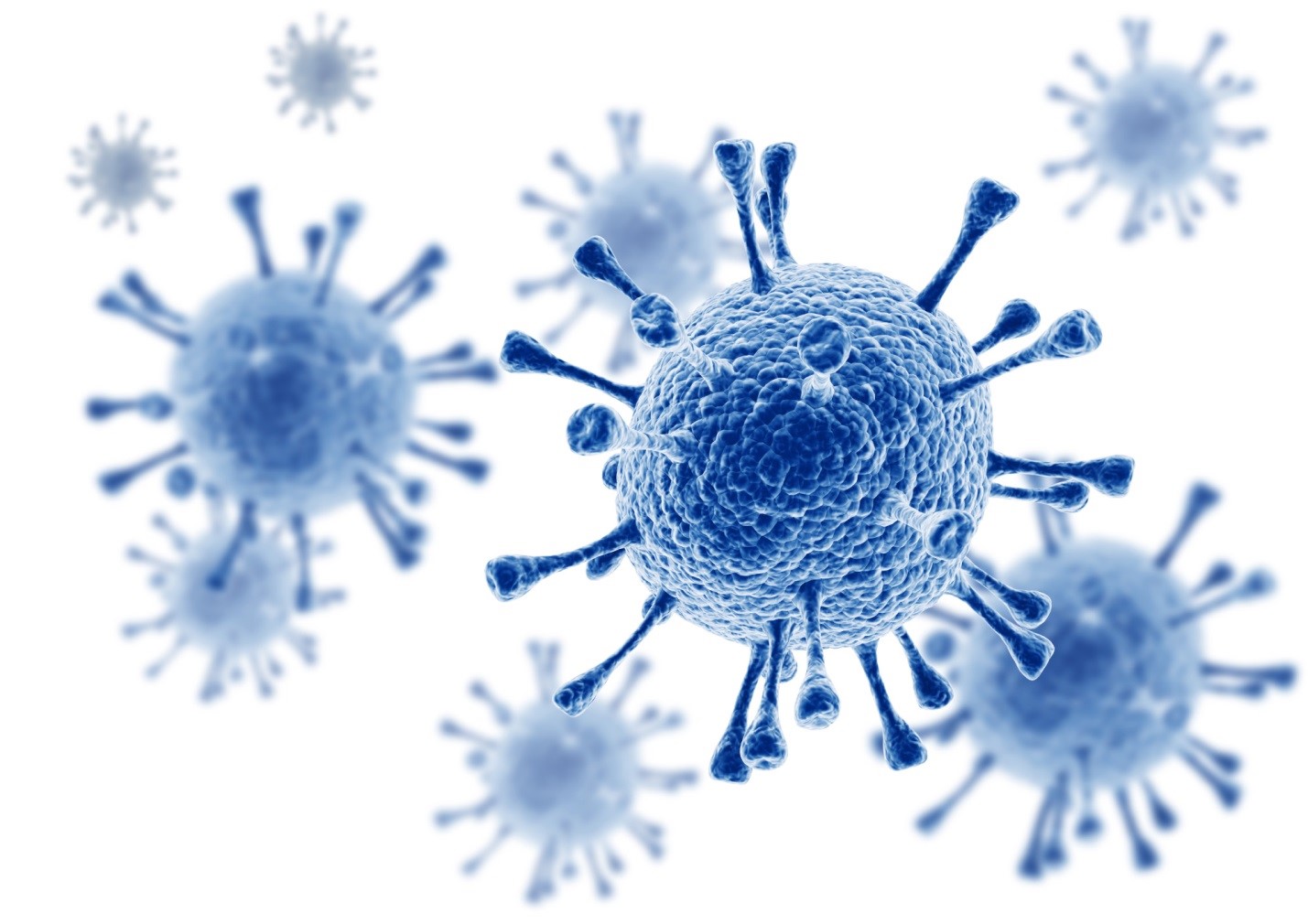Did you know that the coronavirus pandemic was mainly spread by touch? The virus could linger on surfaces for up to 72 hours, meaning it only needed one person to touch the surface and contract the virus or move it on. Development of Antibiotics.
If you are serious about being sanitary, then you need to know about antimicrobials.
Antimicrobials are substances that inhibit the growth of microbes. Read on for our must-know guide on the importance of antimicrobials in the modern world.
What Is Antimicrobial?
An antimicrobial is a term used to describe an environment that is inhospitable to the growth of microbes. The term is used very loosely and is mainly heard in association with certain sanitary products and services. However, many
antimicrobial substances and surfaces already exist in nature.
For example, a number of plants and their extracts are used for their antimicrobial properties. Botanicals and mold strains have been used throughout history to treat infections. The most significant advancement in the use of antimicrobials was the
development of antibiotics.
How Do Antimicrobials Work?
Antimicrobials products work in a number of ways, depending upon the bacteria that comes into contact with them. Some attack the proteins in a microprobe. This causes fatal problems with its major functions.
Others may attack the membrane so that the microbe is unable to take in nutrients. Some increase oxygen levels in the microbe to fatal amounts. Some attack the DNA, leaving the microbe unable to reproduce.
How Are They Added to Products?
Solutions that make something antimicrobial are often added during their manufacture. There are many products that can have antimicrobial properties added. These are usually surfaces and tables, or equipment that may be used in hospitality or medical services.
A company will start with a product that needs an antimicrobial solution added to it. They will then contact a specialist company who will formulate the solution to add during the manufacturing process. This will often be in the form of powder or a liquid.
A consultation will then take place about the best time to add the microbial in the manufacturing process. This is done so that it ensures maximum efficiency, without damaging the materials in the product itself.
Antimicrobial vs Antibacterial
Antibacterial and
antimicrobial are not the same, though many people assume they are. The main difference is that antibacterial prevents only the growth of bacteria. This makes it effective at preventing bacteria such as MRSA and E.Coli.
Antimicrobial prevents the growth of all microorganisms. As well as bacteria and viruses, this also includes mold, mildew, dust mites, and algae. This makes it very useful for a wider range of products.
Sourcing Products
Either as a consumer or a manufacturer, antimicrobials are more important than ever. To safeguard your home, business, or products, you need antimicrobials. Make sure to consider them when you next buy or create a product.
If you enjoyed this article, then our
blog has many more to interest you. Visit us today for information, news and reviews!
 How Do Antimicrobials Work?
How Do Antimicrobials Work?





.jpg)








Recent Comments